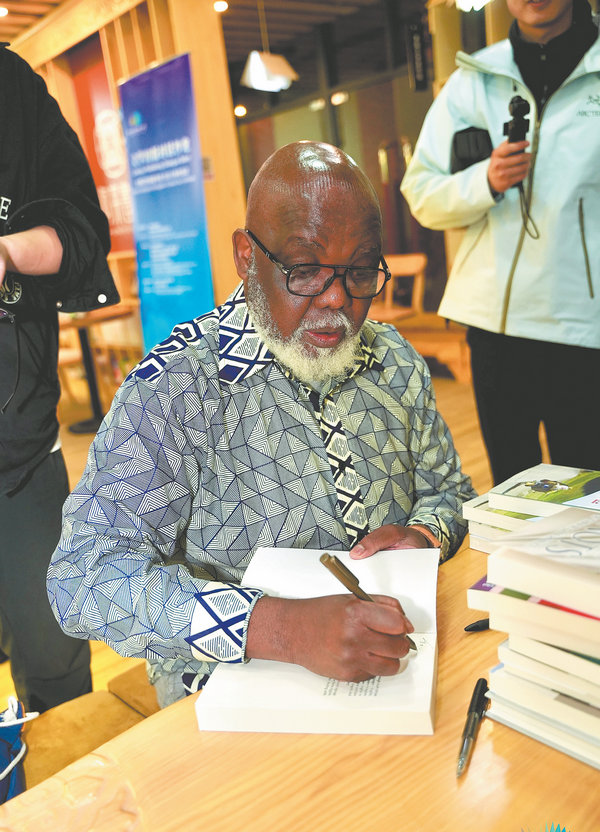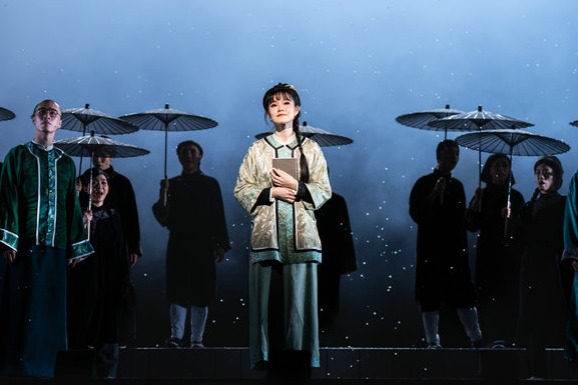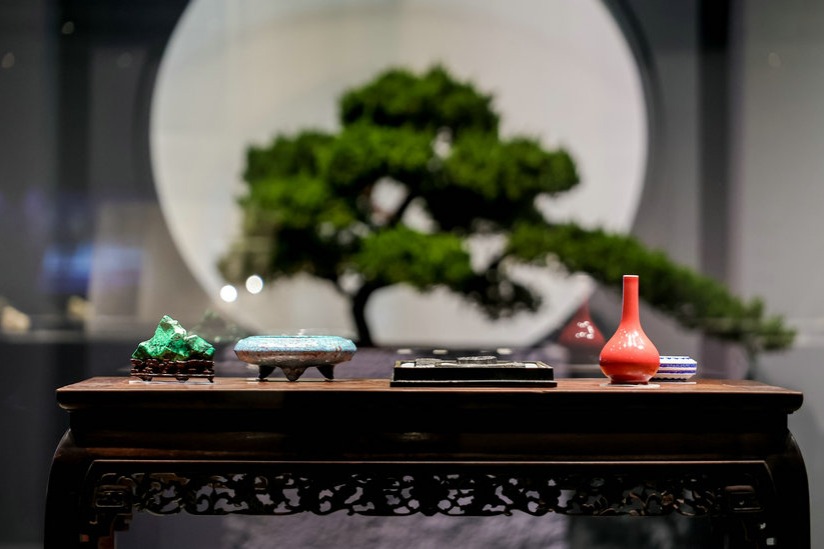Places from pages
Sinologists working in literature discover how Sichuan's allure transcends words, Erik Nilsson reports.


The recent China in the Eyes of Sinologists: Cultural Tour of Sichuan event brought together literary experts from abroad with writers from Sichuan province to translate storytelling experiences across not only languages but also cultures.
"Sichuan is a treasure trove of cultural and geographical diversity," says Alai, vice-chairman of the Chinese Writers Association and chairman of the Sichuan Writers Association, who joined the activities.
"While cultural interpretations may differ, the appreciation for natural beauty is a universal language. This is undoubtedly rewarding."
Eight Sinologists from seven countries, including the United States, Tunisia and Egypt, joined six local authors to explore Sichuan and better understand China's realities to enhance their literary undertakings.

"As a Sinologist, the Sichuan journey opened yet another window for my research," says South African professor Paul Zilungisele, who won this year's Special Book Award of China, the highest literary honor the country gives to foreigners.
"Spending the days enjoying different events with these authors provides another perspective on China beyond Beijing and Shanghai. Meeting both leaders and ordinary people in these places reflects the true diversity of China and a glimpse into the lives of its ethnic groups."
The group visited the Red Army Long March Memorial Hall, traditional Xisuo houses and the Zhuokeji Tusi Manor in Barkam in Sichuan province's Aba prefecture; museums, the Alai Book House and scenic destinations in the Skula Mountains; and the Wolong Giant Panda Nature Reserve. Their weeklong journey concluded with the Evening Gala of Sichuan Literature in the provincial capital, Chengdu.
The Zhuokeji Tusi Manor inspired the setting for ethnic Tibetan author Alai's Mao Dun Literature Prizewinning novel, Red Poppies, and was the filming location for the eponymous TV series. Some of the international experts spent years envisioning what the compound was like before actually visiting it with Alai, who entrenched it in their imaginations.
"My biggest regret when translating Red Poppies was not having visited the places where the story takes place," says Spanish Sinologist Agustin Morales in Chinese.
"Fortunately, I recently had the opportunity to travel to Aba prefecture, setting foot in the homeland of the chieftain family and returning to the scenes depicted in the novel. While visiting Zhuokeji Tusi Manor, I could almost catch glimpses of the chieftain's 'idiot' son, and other characters from the book. It was an indescribably surreal feeling.
"I also had the chance to speak with Alai himself and met many fascinating people. Everything exists within the pages of the book, but as the old saying goes, 'seeing once is better than hearing a hundred times'. Those of us working in literature better return to the roots and immerse ourselves in the real world."





































